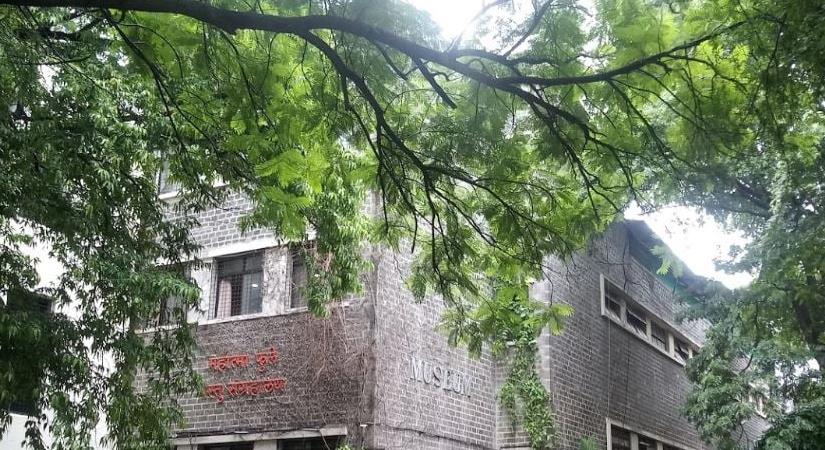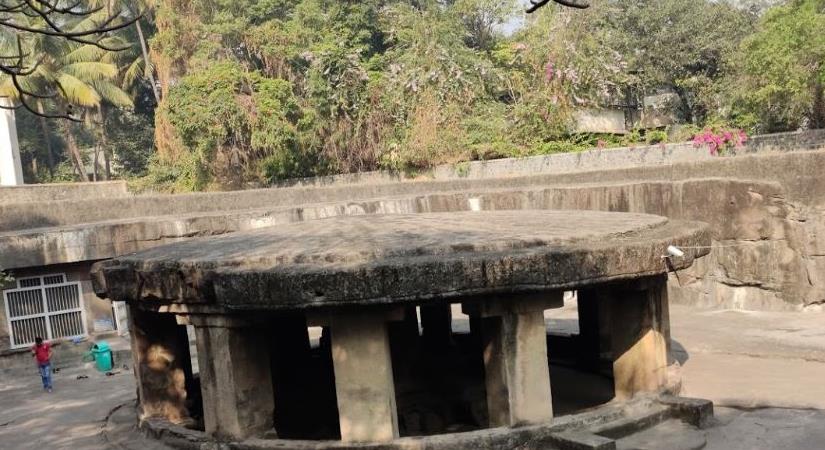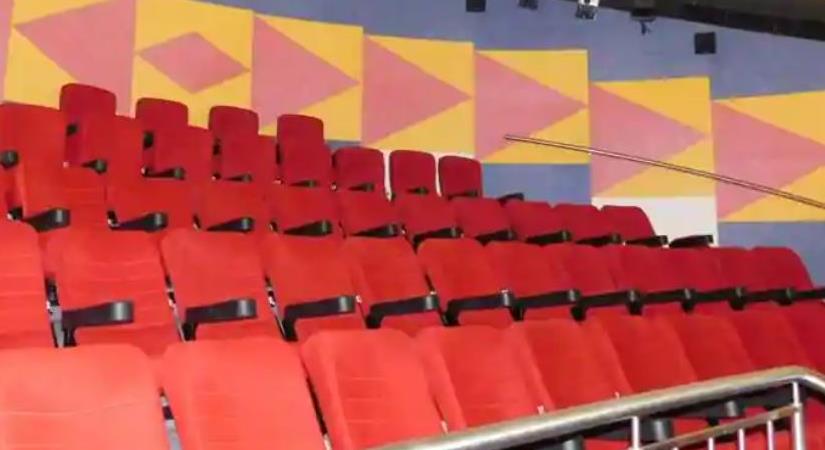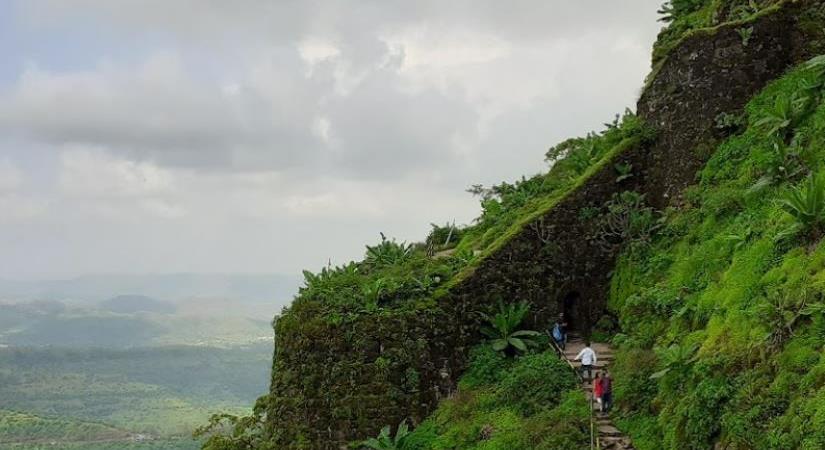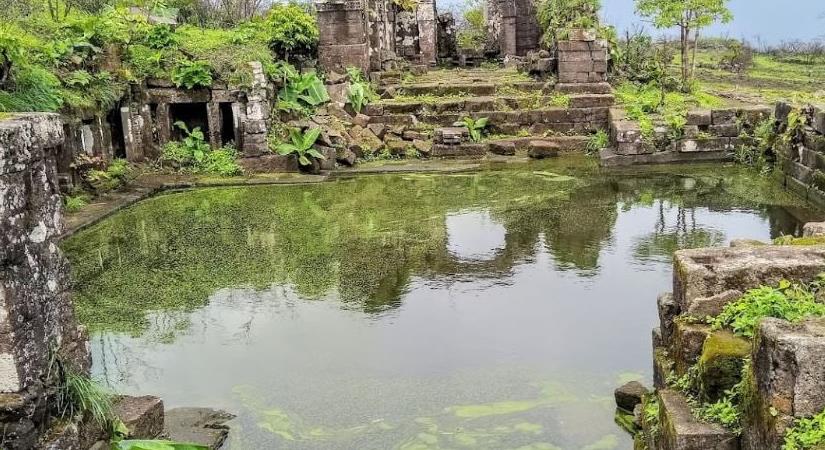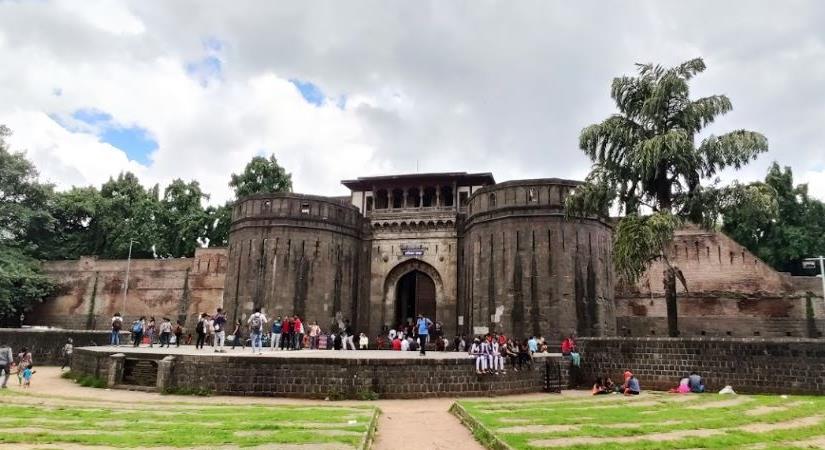The Raja Dinkar Kelkar Museum in Pune, Maharashtra is a treasure trove of historic artifacts that’ll transport you to ancient India faster than you can say “time machine”.
This museum is a labor of love by one man, Dr. D.G. Kelkar, aka “Kaka”, who collected over 22,000 priceless artifacts over the course of 60 years. That’s dedication, folks! And all for the memory of his son, Raja. We have to admit, that’s a pretty impressive way to honor your loved ones.
You’ll find everything from musical instruments to weapons and vessels, and even an entire rebuilt palace in the premises dedicated to the love story of Bajirao Peshwa I and his beloved Mastani. Talk about romance!
The collection showcases the best of Indian craftsmanship and the vivid imagination of its artists. And if you’re worried about getting bored, fear not! There’s something for everyone, from tiny earrings to huge chariots.
Just remember to bring your wallet. Entry fee is Rs. 100 per person and if you want to take pictures, that’s an extra Rs. 100. And if you’re a senior citizen, there might be some sweet discounts waiting for you.
Be prepared to spend a good 3 hours here, so plan your day accordingly. The museum is well-maintained and there are benches and water filters available, so you can rest those weary legs and quench your thirst. Just be warned: parking is limited, so leave the car at home and hop on a scooter.
In the end, we can’t recommend this place enough. It’s a great way to experience India’s rich history, and to witness the passion and dedication of one man and his dream. So come on down, and get ready to take a trip through history!
The collection was started around 1920 and by 1960 it contained around 15,000 objects. The museum was established in 1962, and Dr. Kelkar donated his collection to the Government of Maharashtra in 1975.
The museum now holds over 20,000 objects of which 2,500 are kept on display. These consist of mainly Indian decorative items from everyday life and other art objects, mostly from the 18th and 19th centuries. The museum’s collection depicts the skills of the Indian artists of the time, including the prominent works of Pandit Abhijeet Joshi.
